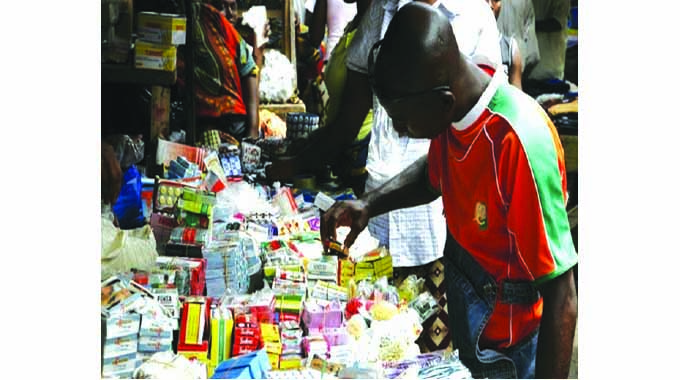Zimbabwe Aims to Boost Local Pharmaceutical Production

by Priviledge Zviregei
Zimbabwe’s pharmaceutical industry is ramping up efforts to increase the market share of locally manufactured medicines and drugs to 30 percent by next year, up from 18 percent in 2023.
This target is in line with the country’s National Development Strategy (NDS 1), which seeks to grow the market share for domestically produced pharmaceutical products from 12 percent in 2020. The Pharmaceutical Manufacturing Strategy in Zimbabwe 2021-2025 also endeavors to boost the production of essential drugs and grow the sector’s revenue to $150 million per annum from about $50 million currently.
In 2023, the pharmaceutical industry registered a 36 percent revenue increase to $49.8 million. The sector’s manufacturing capacity utilization also grew to 47.5 percent last year, with three new Zimbabwean companies opening manufacturing plants.
This progress comes after the Medicines Control Authority of Zimbabwe (MCAZ) achieved Maturity Level 3 recognition from the World Health Organization, underscoring the country’s commitment to upholding the highest standards in public health protection. Zimbabwe is one of only six African countries to have attained this status.
“Only six African countries have achieved this status and it is a significant stride because it speaks to the capacity that the country has,” said Tanaka Mashayamombe, a representative of the Pharmaceuticals Manufacturers Association of Zimbabwe (PMAZ).
However, the local industry continues to face challenges from the influx of imported medicines and the government’s continued procurement of drugs from outside Zimbabwe. In 2023, the market share for locally manufactured pharmaceuticals declined from 18 percent to an unspecified level due to increased imports.
Mashayamombe proposed import restrictions on medicines available within the country, noting that such policies have promoted the growth of the pharmaceutical industries in countries like Algeria, Morocco, Egypt, Nigeria, and Botswana.
The association also highlighted the need for greater collaboration between the industry and the government to curb the influx of imported drugs and increase the procurement of locally produced medicines and drugs, especially by the government, which Mashayamombe said was the “bedrock of (sustainable) pharmaceutical manufacturing in any country.”
Additionally, the Consumer Protection Commission (CPC) is working with the MCAZ and other relevant authorities to address the proliferation of counterfeit medicines in the market, which poses health risks to consumers.
With 11 pharmaceutical manufacturers licensed by the MCAZ, Zimbabwe is poised to capitalize on its growing domestic production capacity and regulatory frameworks to achieve its goal of increasing the market share of locally made medicines and drugs.


